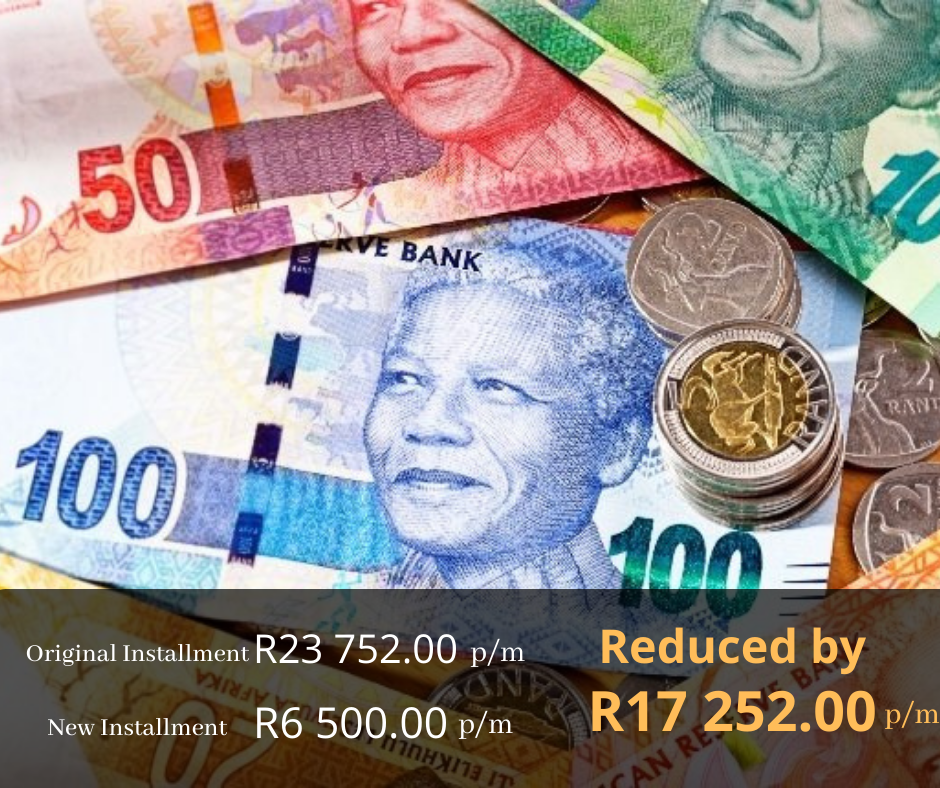Debt Collection
In this article, our debt collection expert shares the best tips and hard truths about debt collectors. This includes tips on how to face them and more.
The truth is, your creditors have rights.
If you miss a payment on an account, the creditor will come to collect the debt. This debt will be collected by either the original creditor or a debt collection company acting on behalf of them. Your debt can also be sold by the creditor to another debt collection company who then has the right to pursue the debt. Read more about creditors’ rights on this page.
While debt collection is legal, bullying and harassment is not. Importantly, you also have the right to apply for a repayment arrangement you can afford if you are in financial hardship.
Debt Collection
OLD DEBTS
If you are being asked to repay debts more than three years old, find out about your rights and whether you have to repay the debt. Read More
What is the Debt Collection Process?
The debt collection process or general procedure differs from creditor to creditor but is govern by the Debt Collectors Act 114 of 1998 and regulated by the Council for Debt Collectors: CFDC
- Usually the initial step is that the creditor will hand over the client account to a collection company.
- The company will contact and inform the client that the account is now handed over to them. They will also advise on the legal implications thereof as well as request request that the debtor signs an Acknowledgement of Debt.
- A letter of demand will be issued should the debtor fail to make payment as agreed. The letter of demand will set out an amount claimed and how it is calculated and supplies the debtor with another opportunity to resolve the matter amicably.
- If the debtor fails to pay as per the letter of demand, summons will be issued. The sheriff will serve the summons on the debtor, where after they have 10 days to respond on whether they intend to defend the matter. If the debtor fails to serve a notice of intention to defend within 10 days, an application for default judgment will be made.
- When the judgement gets granted, the creditor or debt collection company will issue a warrant of execution against the debtor’s property. The sheriff will go to the debtor’s premises and attach his movable property or If the movable property is insufficient to cover the debt, the creditor will proceed with a Section 65 financial enquiry. The debtor will be called to court to give reasons why the debt cannot be paid. The court can make an order that the employer deduct an amount from the debtor’s salary (emoluments attachment order) and pay it towards his debt.
- Furthernote, that If the debtor has money in a savings or investment account, an application can be made whereby the bank is order to pay the amount directly over to the creditor or worse an application for the sale of the debtors immovable property will be made.
In South Africa, debt collectors are only allowed to phone or meet you face to face between 6:01am and 9pm on weekdays, and 9am to 9pm on weekends.
They can only visit your home (or another agreed location) as a last resort when other methods of contact have failed.
Providing they do so lawfully, creditors and debt collectors can:
- Write to you or ring you and demand payment.
- Make arrangements for repayment.
- Find out why an agreed repayment plan has not been met.
- Review a repayment plan after an agreed period of time.
- Inspect or recover goods (if they have a right to do so)
- Take you to court to recover their money if they follow the correct procedures
- Get an order from a court to take some of your property
- Sell the debt to a debt collection company, which has the same power to enforce the debt as the original creditor
What can creditors and debt collectors not do?
- Have you sent to prison.
- Take or sell any of your property that they don’t hold security over, unless they have an order from the court.
- Tell you to get a loan to pay the debt.
- Demand a lump sum payment from you before considering a repayment arrangement.
- Act in a way that is misleading or deceptive.
- Reveal information about your financial situation to others.
- Threaten, physically intimidate, or harass you.
If you feel you’re being harassed, please call us on 0410125036 and speak to one of our debt counsellors.
Frequently Asked Questions About Debt Collection
What is a debt collector?
A debt collector is any person or company other than an attorney or his employee, who collects debt/s owed to their client (usually companies) on their behalf, by email, phone or in person. They may deliver documents and may even have an acknowledgement of debt signed. Debt collectors usually operate for a fee, or for a percentage of the total amount collected. Property Managers who collect arrear rent or levies are also debt collectors.
Must a debt collector be registered?
All debt collectors must register with the Council for Debt Collectors in order to operate. Failure to register before collecting a debt is a criminal offence. A debt collector can register on our website, www.cfdc.org.za.
How do I confirm that the person contacting me is a debt collector?
All debt collectors must produce proof of registration, on request. A debtor has the right to request confirmation of proof of registration with the CFDC, which the respective debt collector must produce. Should anyone be in doubt, they may contact us on email at info@cfdc.org.za or telephonically on (012) 804 9808.
Who regulates the actions of a debt collector?
The Council was established by the Debt Collectors Act 114 of 1998 to regulate the occupation of debt collectors. They are the only regulatory body for the debt collection industry in South Africa. The Council monitors the actions of debt collectors ensuring that their actions comply with the code of conduct for debt collectors and further ensuring that they charge only those fees allowed by the Act.
What should I do if a debt collector contacts me?
Only registered debt collectors can legally collect outstanding debts.
Begin by requesting the following information:
•The full identity of the debt collector and the company, as well as proof of registration with the Council for Debt Collectors (CFDC).
•The name of the original creditor you owe, what the debt is for, and when it was incurred.
•The total amount of the capital debt including the interest and collection costs.
•Do not share your personal and financial information such as your bank details or ID number over the telephone.
•Do not avoid communication from a registered debt collector, be cooperative so that you can make a proper arrangement towards paying your debt/s.
What rights do debt collectors have?
• They have the right to contact you for the payment of a debt.
• They have the right to charge the prescribed fees for the work done in collecting a debt.
What rights do I have as a debtor?
• The right to obtain legal advice before signing anything. In the legal world your signature on a document, for instance an acknowledgement of debt, can have serious financial consequences.
• To be treated with dignity at all times.
• The right to confidentiality.
• The right not to be contacted before 6 in the morning or after 9 in the evening, or on a Sunday.
• The right not to be harassed, humiliated, embarrassed or threatened.
• To receive a statement should you request one free of charge once every six months.
What to do if you have a complaint against a debt collector?
• All complaints must be in writing and under oath.
• Complaints can be electronically submitted through the website.
• Visit our website, www.cfdc.org.za and submit your complaint. Alternatively, email info@cfdc.org.za or call us on (012) 804 9808.



